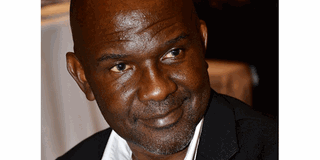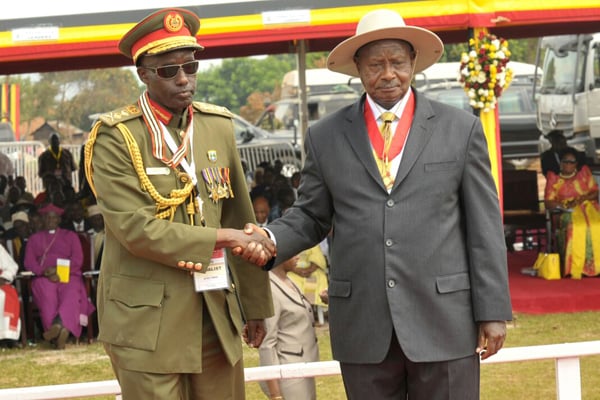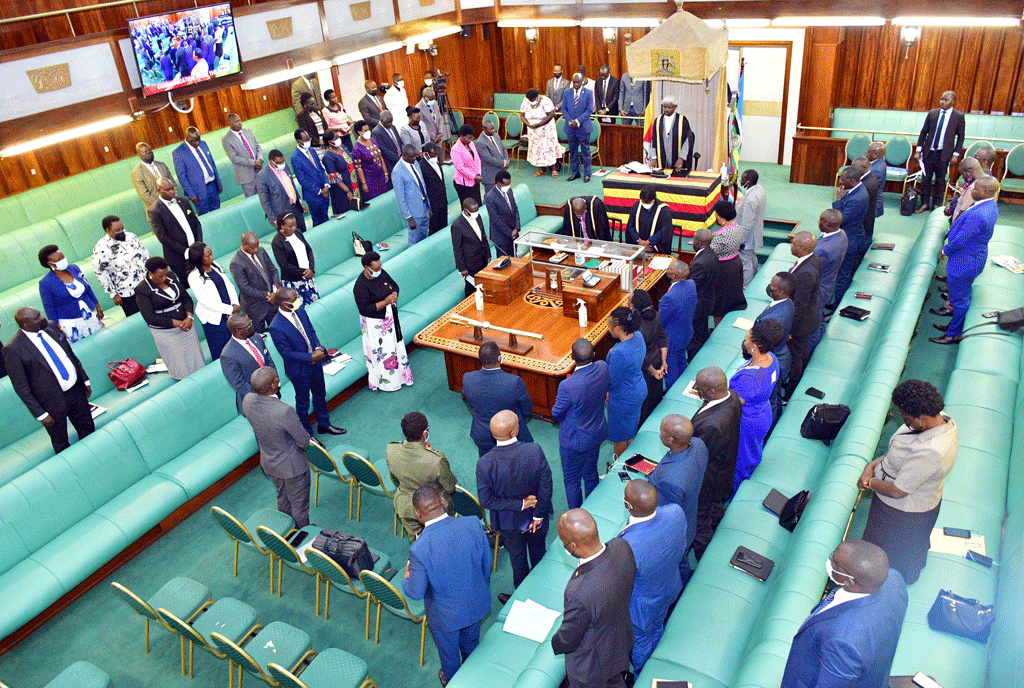Prime
Where Gen Tumwine’s shot changed Uganda fundamentally

Author: Nicholas Sengoba. PHOTO/NMG
What you need to know:
The fundamental change that the Tumwines ushered into Ugandan politics is one that changed the definition of the army coming out of the barracks
When the history of the National Resistance Movement/Army (NRM/A) is written, the person of Gen Elly Tumwine famously stands out as the man who shot the first bullet on February 6, 1981 at Kabamba Barracks.
It started off the war against the Uganda Peoples Congress (UPC) government of Apollo Milton Obote (RIP) and from July 27, 1985, of Gen Tito Okello Lutwa.
On February 29,1981 when President Yoweri Museveni was sworn in after the NRM/A had captured power three days earlier, he declared on the steps of Parliament that, “...nobody is to think that what is happening today, what has been happening in the last few days is a mere change of guards... I think this is a fundamental change in the politics of our government.”
The NRM government established on that day was supposed to stay in power for four years and hand over to civilian rule. Thirty-six years later, it is still the ruling government.
The longevity is down to many factors but cardinal of them is the military one. The importance of this, you understand from 1894 when the British were establishing Uganda as a country.
The military, and to an extent the police, were both in terms of command and control plus rank and file; heavily populated with the so-called ‘Northern tribes’. The Acholi and Langi, the colonial governors, alleged they were ‘martial’ in nature. They were given a monopoly of the instruments of coercion. These were used to effectively cow the ‘softer’ Southern tribes mainly; Bantu ethnic groups which the British claimed were ‘more civil and not suited for violence.’
This arrangement put paid to the notion by the late Prof Ali Mazrui’s that the army is the President’s walking stick. It keeps the user stable and helps defend and protect them in case of an attack. It showed that the ethnic makeup of the army has a direct relationship with the perpetuation of the ones who hold power.
It was not by accident that before 1986 the so-called Northern tribes were dominant in Uganda’s politics. Milton Obote ruled twice. There was Gen Idi Amin and Gen Tito Okello Lutwa.
In the volatile arrangements after the fall of Amin in 1979, the real power behind the governments of late Yusuf Lule, Godfrey Binaisa and Paulo Muwanga’s Military Commission, was held by the army led and dominated by the Luo (Maj Gen David Oyite Ojok and Gen Lutwa). These took care of the first 24 years of Uganda’s independence.
For the next 36 years and counting, after 1986, the first noticeable change was the overturning of the colonial arrangement and conviction about the ‘ownership’ of the instrument of coercion. The rank and file but most especially and importantly command and control of the army and the police shifted to the geographic south and south west. Banyankore, Bahiima, Banyarwanda, Batooro, Baganda etc. In the field of creative arts, the joke and practice pre-1986 was that the role of the soldier or police officer was always reserved for ‘Sergeant/Inspector Okello’, a tall dark guy who would mimic the Luo accent. If you tried that now, you would end up with a misplaced character!
Where else Uganda differed from the colonial arrangement, post 1986 was in the ethnic divide and character of the civil service and political administration as opposed to the military.
While the British created a dichotomy between the ‘militant’ northerners in the army and the rest in mainly public administration, post 1986 the line was blurred in more ways than one. After the dominant leadership of the army, political and public administration also took the same direction; -it all moved south -no pun intended.
The dominance of southerners and south westerners in the public service, ministries, directorates and authorities is the subject of a lot of criticism leveled against the NRM government.
Inside of all this is the glaring aspect of ‘militarisation’. The army has sat in Parliament since 1986 with Elly Tumwine, a soldier being the longest serving MP since 1986. It has been brought to the fore in the field of agriculture. Where the agricultural extension worker did his bit on a motorbike, today Operation Wealth Creation, an arm of the UPDF in a largely agrarian society, runs a huge budget to sustain the sector doing things as mundane as distributing seeds and farm implements.
UPDF is now a major player in the lucrative government projects with its Engineering Brigade constructing roads, buildings and renovating the Entebbe International Airport, to mention but a few.
They have taken over the leadership and management of the Police force. They play a prominent role during elections. The army notably came to the streets and enforced the Covid-19 lockdown. They are doing the same with the clearing of hawkers from the streets of Kampala.
In many government departments like the Directorate of Citizenship and Immigration Control (passport office) they have a hierarchy similar to that of the army. Officers wear uniforms complete with pips that have military-like ranks and insignia. Same applies to the Dairy Development Authority, Uganda Revenue Authority, Uganda Wildlife Authority etc.
They all go for some level of military training often called ‘politicisation’ and occasionally hold army parades marching to martial music to boost morale.
In short the fundamental change that the Tumwines ushered into Ugandan politics is one that changed the definition of the army coming out of the barracks. In the past this meant that they had come to cause a coup then retreat.
Now the country has been turned into a barracks where the army is everywhere and runs the show as a norm and not an exception. As it is with military culture, orders are to be obeyed without question. Anything outside of this warrants punishment.
As NRM moves towards its 40th year in charge, with mounting Opposition towards its excesses and shortcomings, we can expect a bolder presence of the army in all spheres of life, especially politics and public service.
When this is achieved then we have to get used to taking orders without question.
Whoever says Uganda has not changed fundamentally since 1986 will be shocked when they wake up.
Mr Sengoba is a commentator on political and social issues
Twitter: @nsengoba




